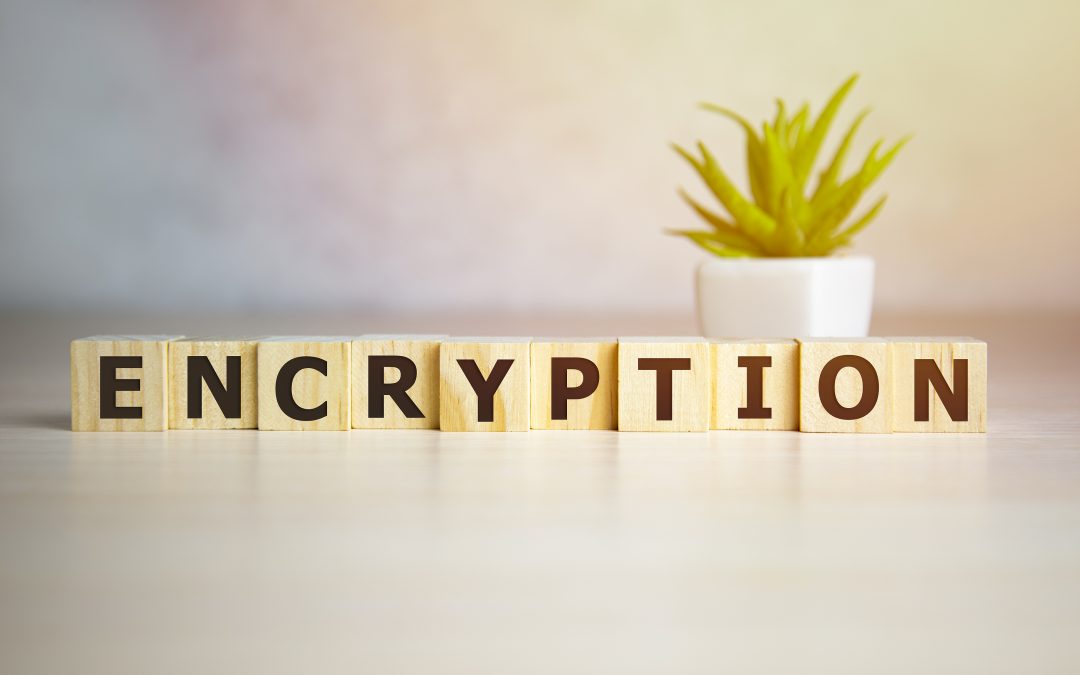Along with a disruption to the way we live and work, COVID-19 also brought a larger threat of cyberattack. 93% of businesses in Singapore reported an increase in cyberattacks as a result of the global pandemic.
A data breach or malware infection can cost a small business dearly if they don’t have the proper cybersecurity protections. Costs include loss of productivity, immediate remediation costs for the attack, and loss of trust from customers, resulting in lost business. The average cost of an IT security attack for Singapore companies is S$1.7 million. You might think, “I’ve got antivirus/anti-malware, a firewall, DNS filtering, and other safeguards. What else is there?”
Those are all excellent and necessary IT security safeguards, but they’re designed to keep threats out of a network or device. What happens if a hacker intercepts communications that are being transmitted through an unsecured Wi-Fi or have possession of a stolen laptop? In this case, the data can be exposed, and a significant data privacy breach can happen that has compliance penalties and other costly consequences. The way to protect data that may be exposed to a thief or cybercriminal is to encrypt it.
What Is Data Encryption?
When data is encrypted, it is rendered unreadable by anyone that does not have the proper key to decrypt the information. Encryption uses a security key that “scrambles” the data according to a mathematical algorithm. Then either the same key (symmetric encryption) or a different key (asymmetric encryption) is used by the authorized party to “unscramble” the data so it can be accessed. There are several ways that you can easily use encryption in your workflows to strengthen your company’s cybersecurity and data privacy compliance.
Places to Use Encryption at Your Business
Email Encryption to Secure Sensitive Messages
With email being the main form of business communications both internally and externally, a lot of sensitive data is being sent over the internet in those messages. Some users will even email login details with a username and password through email or attach a spreadsheet of personally identifiable information (PII) to an unprotected email. Emails can get breached in many ways:
- Users accessing email on public Wi-Fi
- A hacker gains access through an account takeover
- A hacker gains access through a man-in-the-middle attack on a router
- A user accidentally sends an email to the wrong email address
Setting up email encryption in a cloud solution like Microsoft 365 can make it simple for users to encrypt sensitive emails and attachments to keep the contents secure, even if a hacker happens to intercept the contents.
Internet Data Encryption with VPN
Remote teams are the new normal of business. Many companies that needed to send employees home to work during the Circuit Breaker measures are planning to keep a work-from-home workforce even once the pandemic has passed. But having employees connect from multiple locations (some on unsecured Wi-Fi) is a major problem for data security. Approximately 20% of surveyed organisations have reported having a data breach incident because of a remote employee since the pandemic began A business virtual private network (VPN) is an easy fix for those unsecured connections because it incorporates encryption to keep employee data secure no matter the Wi-Fi your team is using to transmit information or access cloud business tools. Once you sign up for the business VPN and set up your users, employees simply download the VPN app on all their devices, sign in, and turn the VPN on. All internet traffic will then be routed through the VPN provider’s servers and encrypted.
Keep Laptops Safe with Hard Drive Encryption
Laptops are particularly popular because they allow people to take their “main computer” anywhere. This is especially helpful if you have employees that work part-time at the office and part-time from home. However, the risk of having a laptop stolen because it’s so mobile is a very real problem. A stolen laptop can result in a major data breach if that laptop has sensitive data on the hard drive or is logged into a company cloud storage account. Laptop hard drive encryption can be done using the right type of software. One popular encryption tool is Microsoft BitLocker. With the encryption enabled, a thief can’t access any data on a laptop’s hard drive. This includes files, email, stored browser passwords, and applications.
Website Encryption for Securing Forms & Shopping Carts
In today’s world, every website needs to have encryption applied to protect data being sent through web forms and shopping carts. Most shopping cart tools won’t even activate without a site having an SSL certificate (which adds encryption). You can tell encrypted sites by the lock to the left of the URL in the address bar, as well as through the URL which begins “HTTPS” instead of “HTTP.” One other reason to add encryption to your website is that browsers now clearly state “Not secure” on unencrypted websites, which could be sending people away from your site and to a competitor’s.
Secure Your Data With Encryption!
Managed IT Asia can help your Singapore business implement encryption naturally into your workflows to better protect your company from an expensive data breach. Contact us today to schedule your free consultation. Call +65 6748 8776 or reach us online.
MANAGED IT ASIA, we are an IT Support, IT Solutioning and Managed IT Service Provider specializing in serving Small Businesses across Asia. Call us at +65 6748 8776 and let us manage your Small Business IT today!
